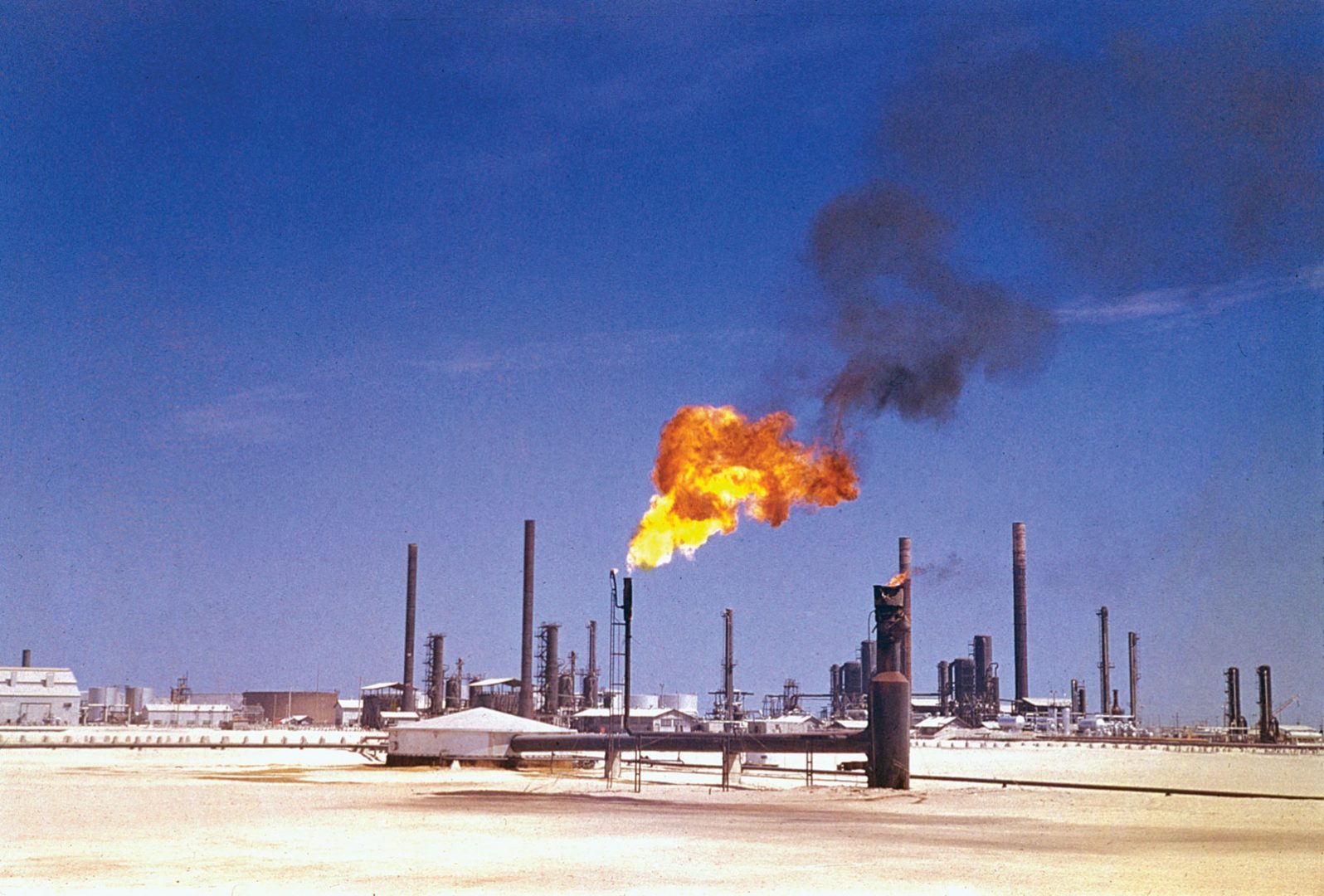Qatar leaves the road, exit-strategy from OPEC

Qatar will leave the Organisation of the Petroleum Exporting Countries (Opec) next month, its energy minister said on Monday.
“Qatar has decided to withdraw its membership from Opec effective January 2019 and this decision was communicated to Opec this morning,” Saad al-Kaabi, the country’s energy minister said at a press conference.
The decision came after Qatar, one of Opec’s smallest producers but the world’s largest liquefied natural gas exporter, reviewed ways to enhance its role internationally and plan long-term strategy, including focusing on its gas industry, he said.
“In our pursuit to strengthen Qatar’s position as a reliable and trustworthy energy supplier across the globe, we had to take steps to review Qatar’s role and contributions on the international energy scene,’ Al-Kaabi said in a statement. “It has become clear to us that achieving our ambitious strategy will undoubtedly require focused efforts, commitment and dedication to maintain and strengthen Qatar’s position as the leading LNG producer.”
The minister said the decision was not easy as Qatar has been in Opec for 57 years, but that the country’s impact on Opec production decisions was small.
He said the decision was not linked to a political and economic boycott of Qatar imposed since June 2017 by Opec’s de facto leader Saudi Arabia and three other Arab states.
The announcement comes ahead of the meeting by Opec and its allies including Russia on 6-7 December to discuss cutting supply.
Naeem Aslam of Think Markets said: “Qatar leaving Opec isn’t great news for the oil market and the market participants haven’t digested the full impact of this news.
“The Qataris have brought the biggest weapon out and it only means more instability between the Qatari and Saudi relationship. In fact, we would not be surprised if other counties start to follow the same path and then we have no control over supply or demand as each individual country could just do what they like.”
Qatar is OPEC’s 11th-biggest oil producer, accounting for less than 2 percent of total output, so its departure is most significant for any potential impact on the group’s cohesion. The surprise announcement comes just days ahead of a pivotal meeting, as OPEC members and allies weigh joint production cuts to stabilize a market that suffered its worst month in more than a decade. It’s the first Middle Eastern nation to leave OPEC.
“Quitting OPEC is largely symbolic for Qatar,” said Amrita Sen, chief oil analyst at consultant Energy Aspects Ltd in London. “Its oil production has been steady with limited prospects for increases.”
Relations within the organization are often frayed, including between Qatar and the group’s de facto leader, Saudi Arabia. A Saudi-led coalition implemented a blockade on Qatar in June last year, severing diplomatic, trade and transport links based on accusations that stemmed from its funding of extremist groups and relations with Iran.
Qatar was the first country to join OPEC after the five founding nations — Iran, Iraq, Kuwait, Saudi Arabia and Venezuela — formed the group in 1960. The organization first gained global recognition in 1973 when it cut production and instituted an embargo against companies allied with Israel in its war with Egypt, worsening a global recession.
In the history of the cartel, three nations have left the organisation, although two later re-joined. Ecuador left in 1992 after an economic and political crisis, suspending its membership until 2007. Gabon left in 1995 but returned in 2016. Indonesia suspended its OPEC membership in 2016 after the country’s had become a few years earlier a net importer of oil.

